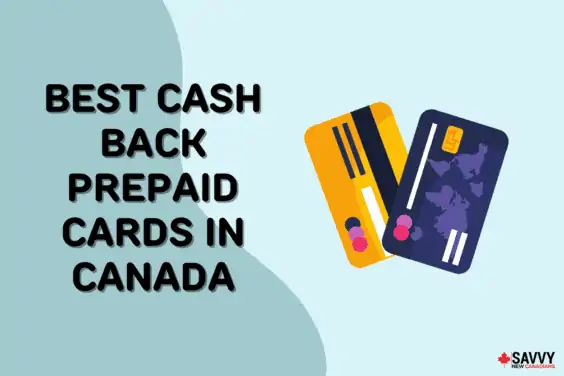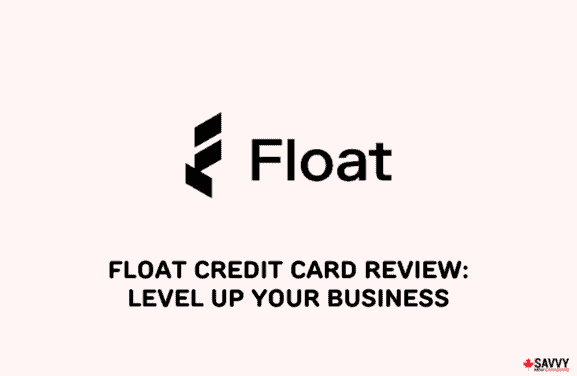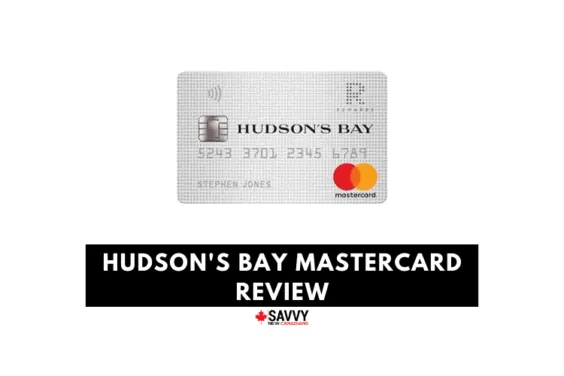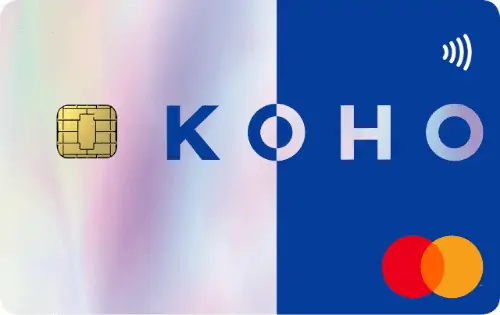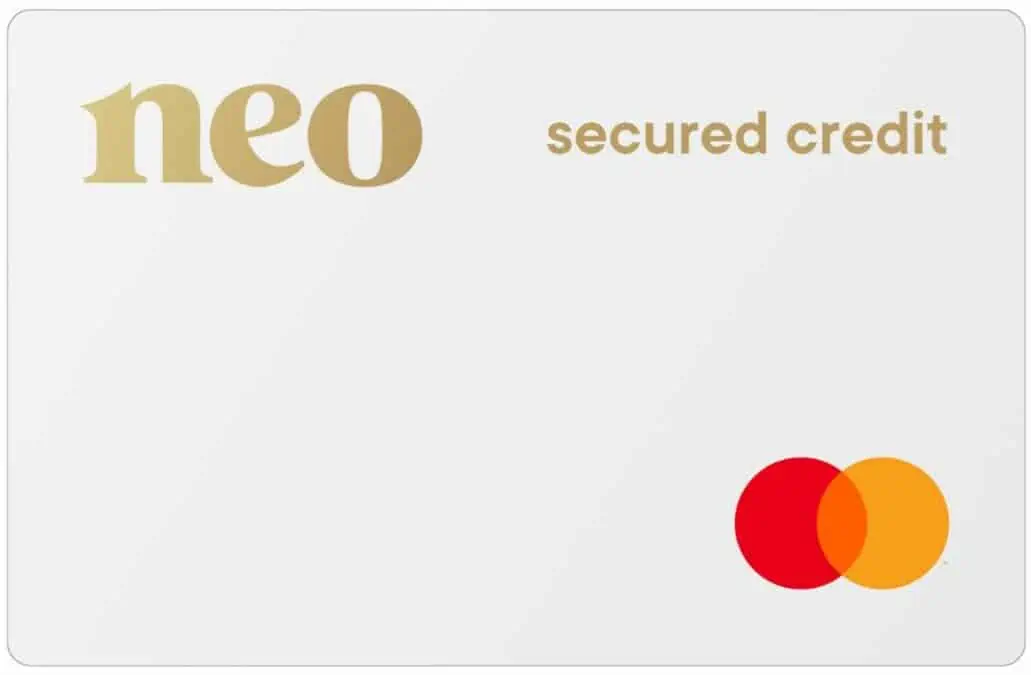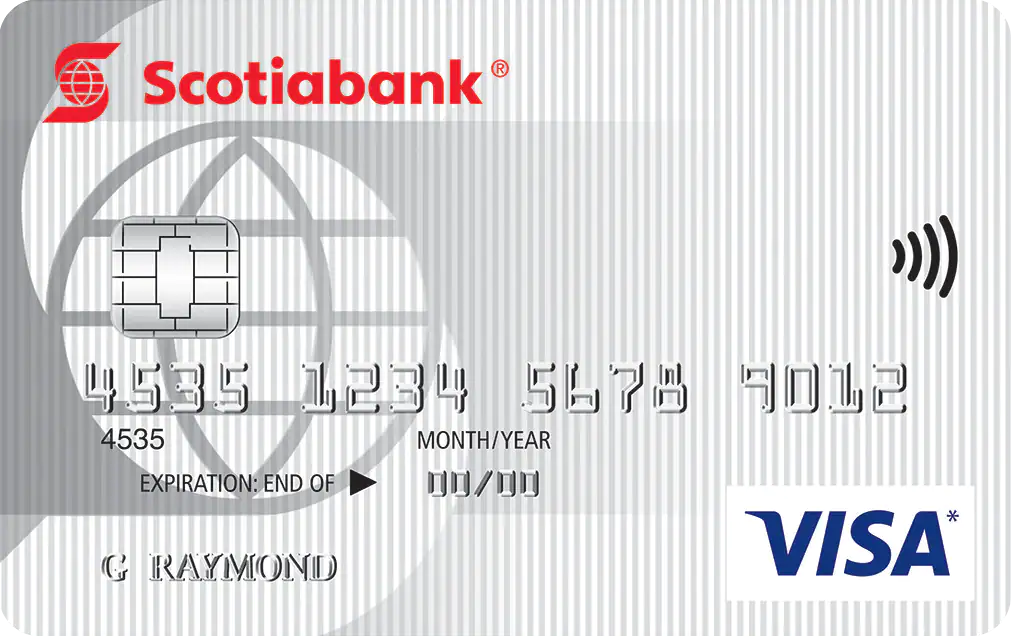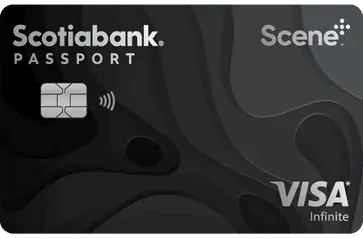When you get a credit card in Canada, there is often an annual fee to pay. But what is this fee and do you always have to pay it?
Here we look closer at annual fees, including what they are, when you pay them, and a few potential ways to avoid paying.
What is the Annual Fee on a Credit Card?
The annual fee on a credit card is a fee that some credit card issuers charge you to use the card.
Some fees are quite low, usually for more basic credit cards. But premium credit cards often come with fees of hundreds of dollars.
The fee will likely be higher if a credit comes with more rewards and perks.
When Do You Pay the Annual Fee on a Credit Card?
You usually pay the annual fee when you open the account, then pay it annually if you continue using the card.
However, this is not always the case. For example, some cards now charge the fee monthly instead, so you will pay your fee with each statement.
You should be able to find out how it is charged before you open your account.
How to Avoid Paying the Credit Card Annual Fee
The annual fee is something you need to pay if you want to use the card. But there are several options available if you want to avoid paying it.
Ask Your Bank to Waive the Fee
You could start by asking your bank to waive the annual fee. Credit card companies want to keep their customers, and if they see it as a worthwhile move to waive your fee to keep your business, they may be prepared to do so.
Make sure you call and speak to someone in person and suggest that you are thinking about switching to another credit card. If you are a long-term customer, make this clear too.
Look for Credit Cards with the First Year’s Fee Waived
Some credit cards will have an annual fee waiver for the first year. This is to tempt you to apply for the card.
You can use the card for a whole year without paying any fee, but you will have to pay the fee annually after the first year. After that, you can decide whether it is worth keeping.
Open a Premium Bank Account with Annual Fee Waivers
Some banks allow you to open a premium account and waive the annual credit card fee. Find out about the options at your bank.
Having a bank account and credit card at the same bank may make financial sense if you can save money on the fees.
Downgrade the Credit Card
If you’re spending more than you want on your credit card’s annual fee and are not using its benefits, including the perks and rewards, you may simply want to downgrade your card. You may even be able to retain your rewards balance when you switch.
There are many no-fee credit cards available. Your bank may have some they can provide, but these typically have fewer premium perks.
Is a Credit Card with an Annual Fee Worth It?
If you have a credit card with an annual fee but make more than the fee in discounts and rewards, it is often worth it.
If you pay an annual fee but don’t take advantage of the perks and rewards, you may be better off switching to a no-fee credit card.
FAQs
Annual fees are not normally negotiable, but you may be able to arrange a waiver if you ask your bank.
No, you can cancel a card without hurting your credit. Just make sure you pay off the total balance.
Keeping unused credit cards rather than closing them is often a good idea. However, if you are paying an annual fee, closing the card may make more sense.
If you don’t use your credit card, nothing happens, and you can keep it as an unused card. However, if you pay an annual fee, you’ll need to keep paying this if you don’t cancel the card.
Related: NEXUS Card Canada Guide
